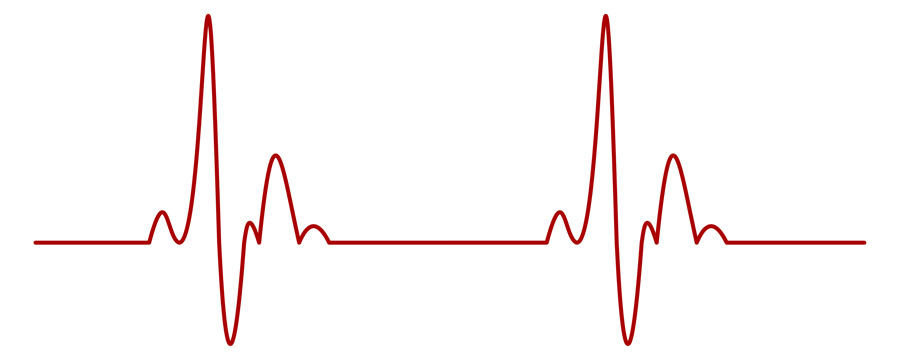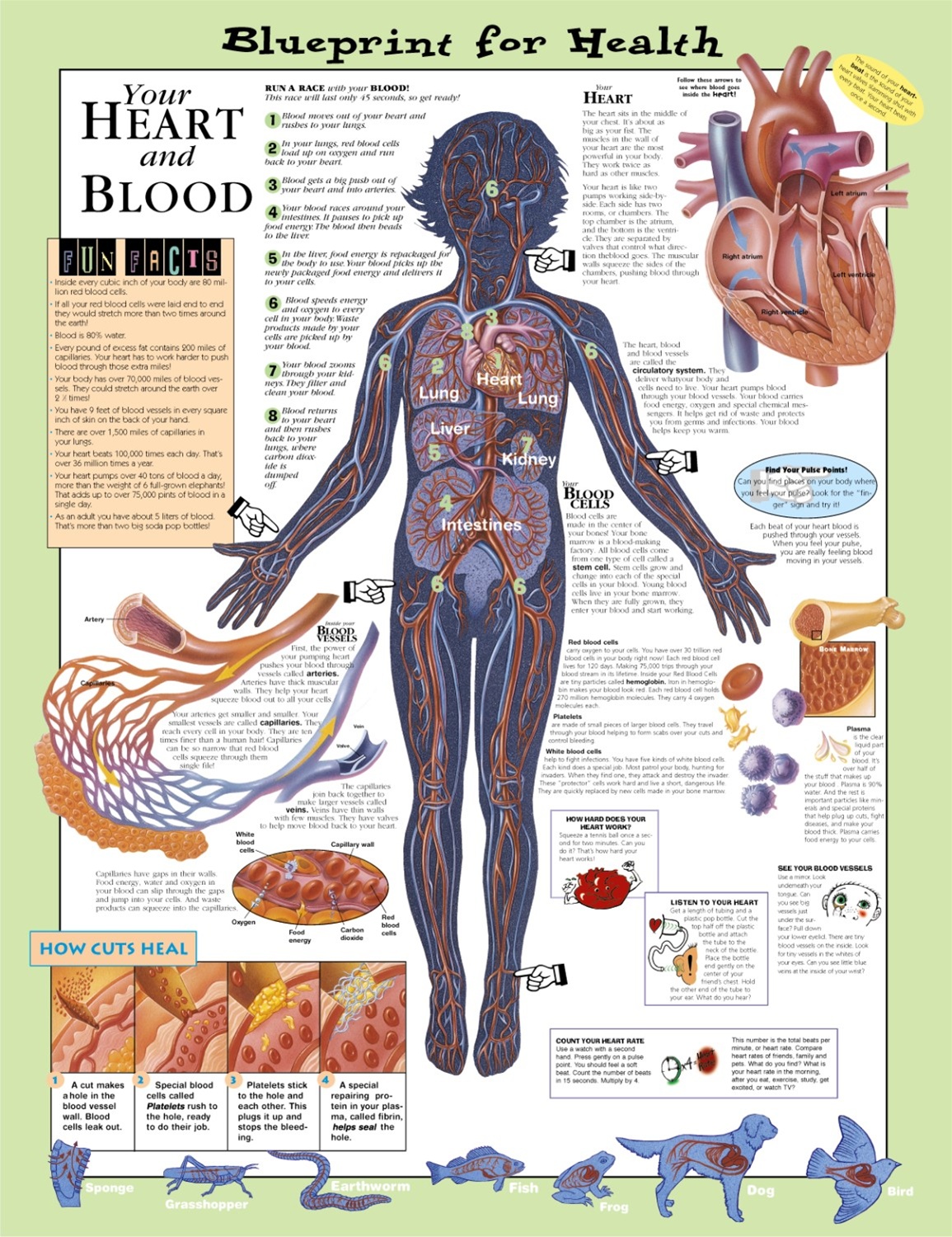Book Appointment Now

True Blood Keeps A Body Healthy
The blood supports our most protected organ, the heart. The blood is were many cardiovascular health problems begin, and also where they can be solved or kept at bay.
We focus far more on the sleek lines and performance of the cars we drive than the fuel we put in them. Yet corrosion and blockages in the fuel composition can bring us to a grinding halt.
It’s the same with our blood and the vessels that transport it around the body. It is pumped through the lungs and small intestines, delivering oxygen and micro-nutrients to our tissues. Returning with carbon dioxide and metabolic waste to be eliminated through our lungs and kidneys.
Our blood also distributes hormones around our bodies, helps to regulate our acid-alkaline balance and body temperature, and destroys invading bacteria and other micro-organisms that bring disease.
Blood is a complex mix of red and white blood cells and tiny platelets carried in watery plasma. Unlike cars, it has its own repair mechanism. When we are wounded our platelets act as puncture kits, growing ‘sticky’ to seal the leak.
If our blood vessels becomes diseased through a build-up of plaque from poor diet or genetic susceptibility, the vessels become narrower. The platelets can then become counter-productive, contributing to a blood clot or clogged vessel. Smoking and lack of excercise makes this worse, setting you on a track for cardiovascular disease.
These simple lifestyle changes can help prevent heart disease:
1. No Smoking. Smoking makes you almost three times more likely to develop coronary heart disease and have a heart attack, and twice as likely to suffer a stroke. See AcuQuit
2. Cholesterol Control. Have your cholesterol measured every three to five years after the age of 20 if your levels are normal, and more regularly if they are abnormal. You are more prone to heart disease if your total cholesterol level is over 5mmol/L, your good (HDL) cholesterol is under 1.0 mmol/L, your bad (LDL) cholesterol is over 3.0mmol/L, and your triglycerides (a type of fat found in the blood) are over 1.7mmol/L.
3. Eat For Your Arteries. Blood vessels produce substances that stop platelets being activated while there is no wound present. This ability is compromised when vessels are damaged by bad cholesterol. Cut back not only on trans-fats (in processed foods such as baked goods, snacks, and fried foods) and saturated fats (animal fats), but also on refined sugars, which are converted to fat and stored when you eat too much of them.
Aim to have no more than 30g of sugar a day which is 7 or 8 teaspoons a day, and a single soft drink can have 9. There are 4g in a teaspoon. Hidden sugars also lurk in everything from tomato sauce to packet soup, so read the labels.
To boost your good cholesterol, have several portions of avocado, raw nuts and seeds.
Increase your fibre intake with veggies, fruits and wholegrain like brown rice. The soluble fibre in oats seems particularly effective in lowering total and bad cholesterol, with compounds that may possess antioxidants, anti-inflammatory and even anti-cancer properties.
4. Monitor Blood Pressure. This is the most common heart disease risk factor. You can control it by reducing salt, eating foods that provide calcium, magnesium and potassium, such as wholegrain, fruit, vegetables and dairy, which reduce blood pressure, and getting active.
5. Get Active. Being active promotes blood flow and can help prevent clots. When you don’t exercise you are more likely to get cardiovascular disease and die from it. Just 30 minutes of moderate activity a day, like brisk walking, can reduce your heart disease risk by as much as 46% (Circulation). It helps to burn fat and lower high blood pressure, release feel-good endorphins that relieve stress. High intensity interval training can provide the same benefits as continuous activity in less time for busy schedules.
If you are in a sedentary job, aim to get up for a few minutes every hour. Walk for a glass of water.
6. Time Out. Stress floods your blood with adrenaline. The cardiovascular system is strained when these levels are constantly elevated.
Find ways to manage stress – count to 10 or take deep breaths when you are angry or anxious, take regular breaks from your desk, go for leisurely walks, and lose yourself in an absorbing pastime to take your mind off your worries. Your blood vessels will benefit and your overall health is likely to improve.
 True Blood
True Blood
It helps to know the key components of your blood, how to boost your health, and to notice when something is wrong.
Red Blood Cells
They carry oxygen around your body in haemoglobin
Help them by eating iron rich foods such as legumes, dark green leafy vegetables, dried fruits, iron fortified cereals, breads and pastas.
Watch for fatigue, skin pallor, dizziness or a rapid heart beat.
Disorders linked to them: Anaemia (too few red blood cells) from iron or B12 deficiency, chronic diseases, insufficient production of red cells (HIV and hepatitis), genetic conditions (thalassaemia, sickle cell anaemia), and malaria.
White Blood Cells
They form clots to control bleeding caused by injuries.
Help them by eating foods with folic acid like lentils, legumes, dark green vegetables, avocados, nuts and citrus.
Watch for weakness, fatigue, fever, difficulty breathing, itchy skin, or swollen lymph nodes.
Disorders linked to them: Lymphoma (a white cell becomes malignant and multiplies) and other blood cancers.
Platelets
They form clots to control bleeding caused by injuries.
Help them by not smoking. Smoking raises the risk of fatty deposits in blood vessels that can cause platelets to form dangerous clots.
Watch for unusual bruising or bleeding.
Disorders linked to them: Thrombocytopenia (producing too few platelets) or thrombocytosis (producing too many plateletes).
Plasma
They the watery medium that delivers the red and white cells, platelets, nutrients, electrolytes and hormones to tissues.
Help it by keeping hydrated with at least 2 litres of water a day.
Watch for dehydration, dizziness or weakness.
Disorders linked to it: High blood pressure (sometimes from high salt intake), diabetes (from high sugar intake), and a build up of waste products can indicate liver or kidney conditions.





[…] cardiovascular health problems begin, and where they can be solved or kept at bay. There is no substitute for blood. It cannot be made or […]
You raise a crucial point about the role of blood in our body and the impact it has on cardiovascular health. It’s fascinating to think about how blood serves as the lifeline for our systems, delivering oxygen and nutrients while also removing waste. When we consider the origins of cardiovascular problems, it’s often about more than just genes. Lifestyle choices, emotional well-being, and environmental factors all weave into the tapestry of our health.
You make a really interesting point about blood being the lifeline of our systems. It does feel like the body is a well-orchestrated symphony—each component has its role, and when one part struggles, the whole performance can be affected. The way lifestyle choices play into cardiovascular health is especially compelling, as it can be easy to overlook how interconnected everything is.
You’ve highlighted something truly valuable when you mention how the body mirrors a well-orchestrated symphony. Each element—organs, systems, and processes—plays its part, and when one component falters, the entire performance is thrown off balance. This interconnectedness is something we often overlook in our daily lives, especially when it comes to lifestyle choices and their impact on cardiovascular health.
I really appreciate your perspective on the body as a symphony. It’s fascinating how each organ, system, and process truly relies on the others to create a harmonious existence. I often think about how easy it is to overlook this interconnectedness, especially when life gets busy. For instance, stress can have such a downstream effect on our cardiovascular health, almost like a sour note in that symphony.
You bring up a great analogy about the body functioning like a symphony. Each element really does have its specific role, and it’s striking how interconnected everything is. When one part of the system is off, it can create ripples throughout.
You’ve hit the nail on the head with the symphony metaphor; it’s quite the performance art in there, isn’t it? I often picture the heart as a divinely inspired conductor, waving its baton to keep the whole orchestra in sync. But let’s be honest, if one musician starts playing out of tune or takes a solo when they shouldn’t, the whole piece goes off-key.
You raise an interesting point about the irreplaceable nature of blood in our bodies. It’s fascinating to think about how something so vital can often be overlooked until issues arise. I’ve read some studies suggesting that lifestyle choices—like diet and physical activity—can significantly impact cardiovascular health. It makes you wonder about the role of education in preventive care.
Speaking of health, I recently came across something about guided meditation that really emphasizes how taking a moment to pause can be beneficial for our overall well-being, especially in managing stress and heart health.
‘Guided Meditation’
https://www.sparkoflife.co.za/guided-meditation/.
You’ve touched on such an important aspect of health that doesn’t always get the attention it deserves. It’s intriguing how we often take our blood and bodily functions for granted, only realizing their significance when something goes wrong. The heart really is a remarkable organ, and it’s easy to overlook how much lifestyle choices play a part in keeping it healthy. A balanced diet rich in whole foods, combined with regular physical activity, isn’t just a recommendation; it can be a lifeline.
It’s true; we often navigate our daily lives without really appreciating how much we rely on our cardiovascular system until it demands our attention. I remember reading about the heart’s intricate electrical system and how it coordinates everything seamlessly. It’s fascinating how lifestyle choices, like stress management and sleep quality, intertwine with heart health.
You’ve hit on something really important. The way we often take our cardiovascular system for granted is quite striking. It’s like this behind-the-scenes powerhouse that keeps everything running smoothly. When we dive into the heart’s electrical system, it’s almost poetic how it orchestrates each heartbeat, syncing with our body’s rhythm like a conductor with an orchestra.
You’ve really captured the essence of how remarkable our cardiovascular system is. It’s easy to overlook, but when you think about how the heart’s electrical system operates, it’s fascinating to consider how it’s a perfect metaphor for balance and harmony in our lives.
You bring up some great points about the cardiovascular system and how easy it is to take it for granted. It’s really amazing how something so complex operates behind the scenes, ensuring everything runs smoothly. I’ve read that the heart’s electrical system is like an orchestral conductor, harmonizing all the rhythms of our bodies.
The analogy of the heart’s electrical system as an orchestral conductor is an interesting one. It really captures the essence of how the heart coordinates various rhythms and functions. The heartbeat isn’t just about the physical pumping of blood; it’s also about how it syncs with the body’s needs in real-time.
You’ve touched on some really important themes. The relationship between our lifestyle and cardiovascular health can’t be overstated. It’s easy to overlook how our daily choices impact our bodies until we find ourselves dealing with health issues. It’s amazing how even small changes in diet or activity levels can lead to significant improvements over time.
You’ve highlighted a crucial aspect of health that often gets brushed aside. It seems like we wait for something to go wrong before we actually start paying attention to our bodies. It’s not just about the big changes; it’s those little decisions we make every day about what we eat or how much we move that add up in ways we don’t realize.
You raise such a crucial point about the connection between our everyday choices and cardiovascular health. It can be easy to get caught up in the busyness of life and forget how impactful simple things like what we eat or how active we are can be. I’ve noticed that even incorporating a short walk after meals can make a difference—not just physically, but also in terms of mental clarity and mood.
You’ve touched on such an important point about how we often take things for granted until we hit a bump in the road. Blood really is the lifeblood—pun intended—of our entire system, but unless we’re faced with an issue, many of us don’t think much about how to keep it and the cardiovascular system healthy.
You’ve hit on some important points about how the choices we make can really shape our health, particularly when it comes to cardiovascular issues. It’s often easy to take our body’s systems for granted until something goes wrong. I think that’s why education is so essential—not just in understanding the facts about blood and heart health, but also in making those lifestyle changes that can really make a difference.
You’ve hit the nail on the head about how easy it is to overlook our own personal little life source until things go sideways, right? Blood is like the VIP member of our body’s club—it does all the heavy lifting, making sure everything gets the right delivery service. But just like any good shipping system, if there’s a hiccup, chaos ensues. And that’s when we start paying attention.
You raise an important point about the critical role blood plays in maintaining cardiovascular health. It’s fascinating how something so essential often goes unnoticed until there is a problem. Blood works tirelessly, transporting oxygen and nutrients throughout the body while also removing waste products. This intricate system can reveal a lot about our health, and it makes sense to pay close attention to it.
You bring up such a great point about how easy it is to overlook blood’s role in our health until something goes wrong. It’s like a hidden hero working behind the scenes, managing all these complex tasks without much fanfare.